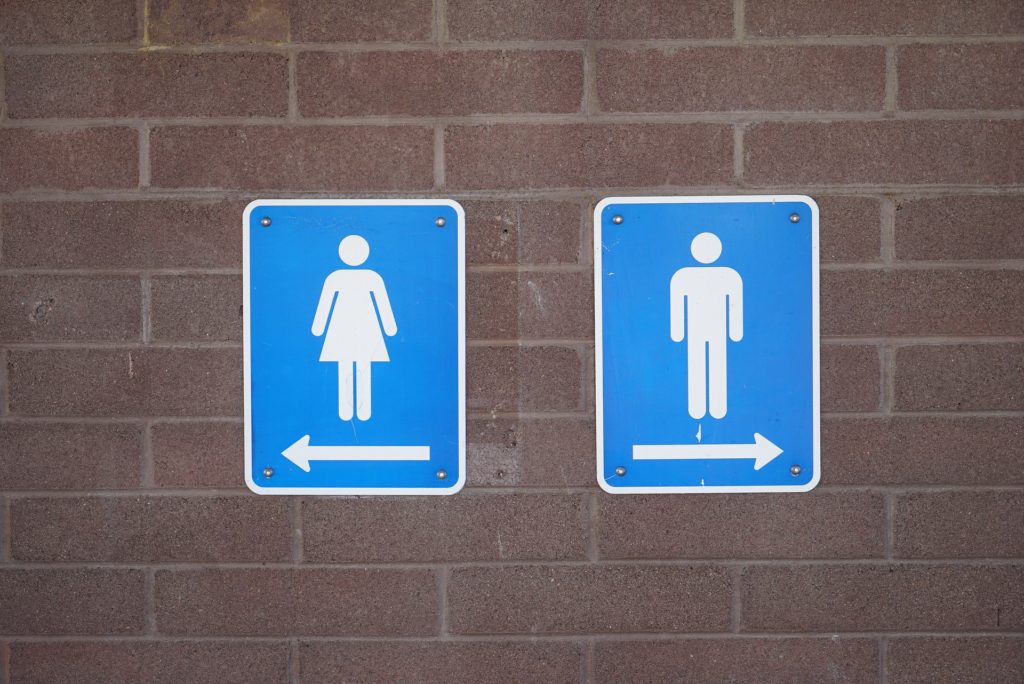Urinary Bladder Function
The urinary bladder is a hollow muscular organ in the body that acts as a collection and storage area of the urine after it passes through the kidneys. If it’s not functioning properly, it may cause complications like urinary tract infection and kidney stones, or it could be connected to bowel incontinence.
Bowel and bladder health go hand in hand, which is why it’s important to know ways to regulate bowel movement as well, as discussed in a previous article on our website.

The NHS estimates that there are 14 million people in the UK who suffer from urinary incontinence, and that number steadily increases every day. Thankfully, there are many ways for you to improve your bladder health, and here are eight simple ones that you can do.
8 Methods To Encourage Bladder Movement
1. Water is always the best for fluid intake – Drinking the recommended six to eight glasses of water every day has a lot of benefits like boosting energy, and it also positively affects bladder health by promoting the flushing of toxins from your body. The British Nutrition Foundation recommends that at least half of the liquids you consume should be water, but depending on a pre-existing condition you may have, you could have a different recommended amount of intake.
2. Moderate caffeine and alcohol intake – The key here is moderation, because caffeinated drinks, soda, and alcohol can fill your bladder much faster due to their components. Limit your intake, especially if you’re out and don’t have immediate access to a bathroom.
3. Practice a healthy lifestyle – This includes exercising regularly, eating right, and maintaining a healthy weight. A healthy diet will encourage better bladder health because a proper balance of nutrition keeps all your organs running smoothly.
4. Improve your bowel movement – Relieving constipation and other bowel problems can allow the neighbouring bladder to function better. Patient.info states that bladder problems can be a symptom of irritable bowel syndrome or IBS. Take steps to make sure that you also have a healthy digestive system like eating fibre-rich food, which facilitates good digestion.
5. Don’t hold your pee in – Controlling your urine can stress your bladder muscles, so don’t prolong the urge to pee and don’t rush it when you’re already urinating. If the urine stays in your bladder for a long time, the chance of getting an infection increases. Take time for the bladder to be completely empty when you’re at the toilet.
6. Avoid food irritants – Some kinds of food can irritate your bladder, like spicy ingredients. If you’re acidic, you may want to avoid citrus fruits, too. If you’re unsure what causes irritation to your bladder, try to eliminate certain types of food in your diet and observe if there’s any improvement.
7. Stop smoking – Besides all the other health risks it poses, Health.com specifies that smoking can increase the risk of bladder cancer in the long term. It can also act as a bladder irritant because of the substances it contains, most notably nicotine, which need to be processed by the body.
8. Strengthen your pelvic floor muscles – More popularly known as Kegel exercises, working out your pelvic floor muscles can support your bladder wall, bowels, and improve your sexual health. Both men and women can benefit from this, and it can also help with the decline of your bladder control as you age.
Incorporating these changes into your lifestyle can do a lot of wonders to your bladder health, and leave a positive impact on your overall health as well. Keep track of your bladder health and note down any changes. If the condition still persists despite the adjustments, don’t hesitate to see your doctor immediately.









